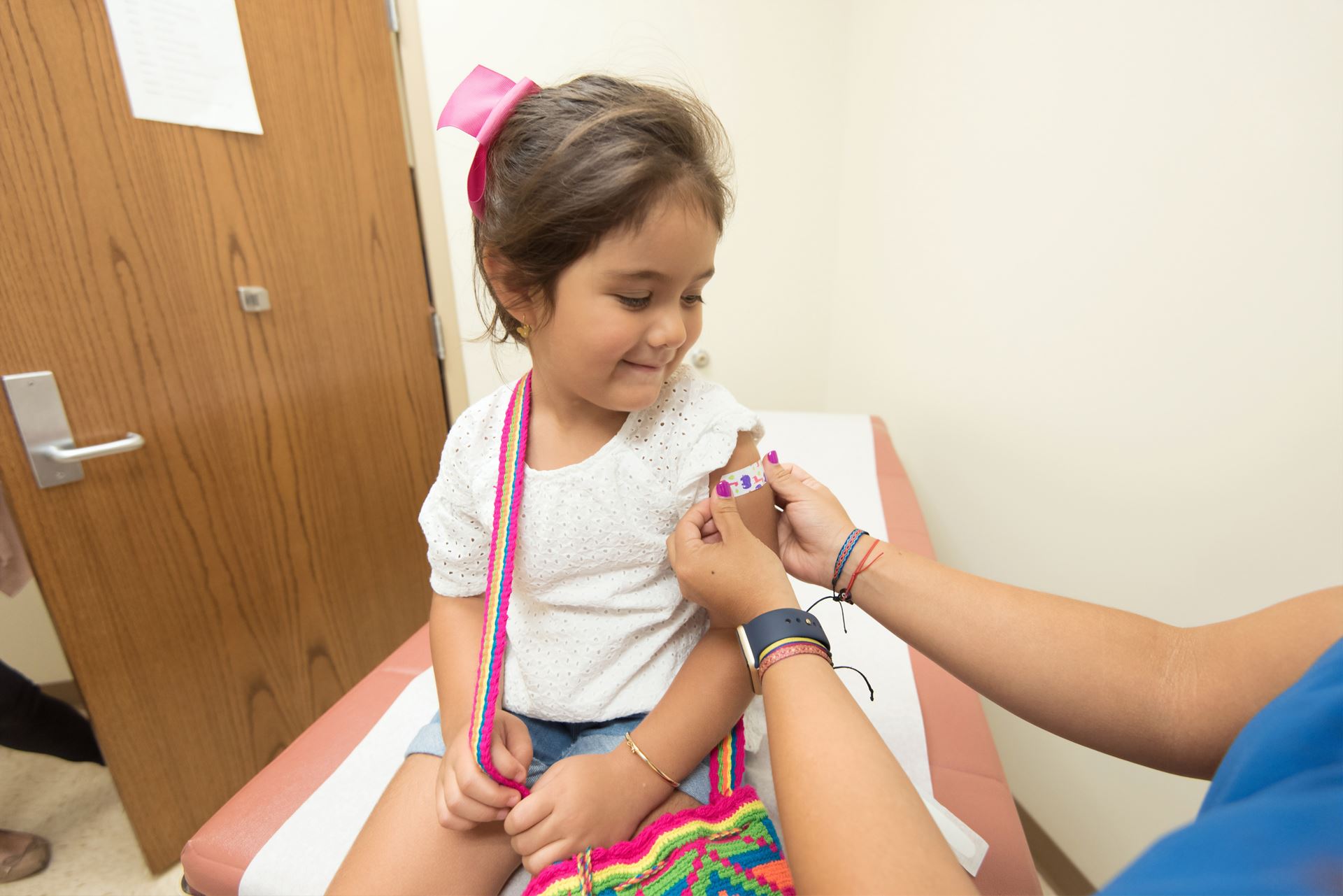Immunisations
Childhood Immunisations
Routine Childhood Immunisations
The Department of Health devise a thorough immunisation program for children. Different vaccinations are given at certain ages. Babies and children will receive written invites when their immunisations are due. The practice nurses/health visitor will be able to advise you if you have questions, and further information is available at the NHS Website.
Annual Flu Vaccines (Children Aged 2, 3 and 4)
In the autumn/winter of 2014/2015 the annual nasal spray flu vaccine will be available for all children aged two, three and four years old as part of the NHS childhood vaccination programme.
In some parts of the country all primary school-aged children and secondary school-aged children in years 7 and 8 will also be offered the vaccine as part of a pilot programme. Please contact the practice nurses if for more details.

Adults
Annual Flu Vaccine
If you are over 65, or in at 'at risk' group, you will be offered a 'flu jab' every autumn. We run special Flu vaccination clinics in October.
Shingles Vaccine
Between September 2014 and September 2015, the shingles vaccine is offered routinely as part of the NHS vaccination programme for people aged 70, 78 or 79. You become eligible for the vaccine on the first day of September 2014 after you've turned 70, 78 or 79 and remains so until the last day of August the following year.
You can have the shingles vaccination at any time of year, though many people will find it convenient to have the vaccine at the same time as their annual flu vaccination.
Pneumococcal Vaccine
The pneumococcal vaccine protects against infections which may lead to pneumonia, septicaemia (a kind of blood poisoning) and meningitis.
People over-65 only need a single pneumococcal vaccination which will protect for life. It is not given annually like the flu jab.
People with a long-term health condition may need just a single one-off pneumococcal vaccination or five-yearly vaccination depending on their underlying health problem
Page created: 04 March 2021